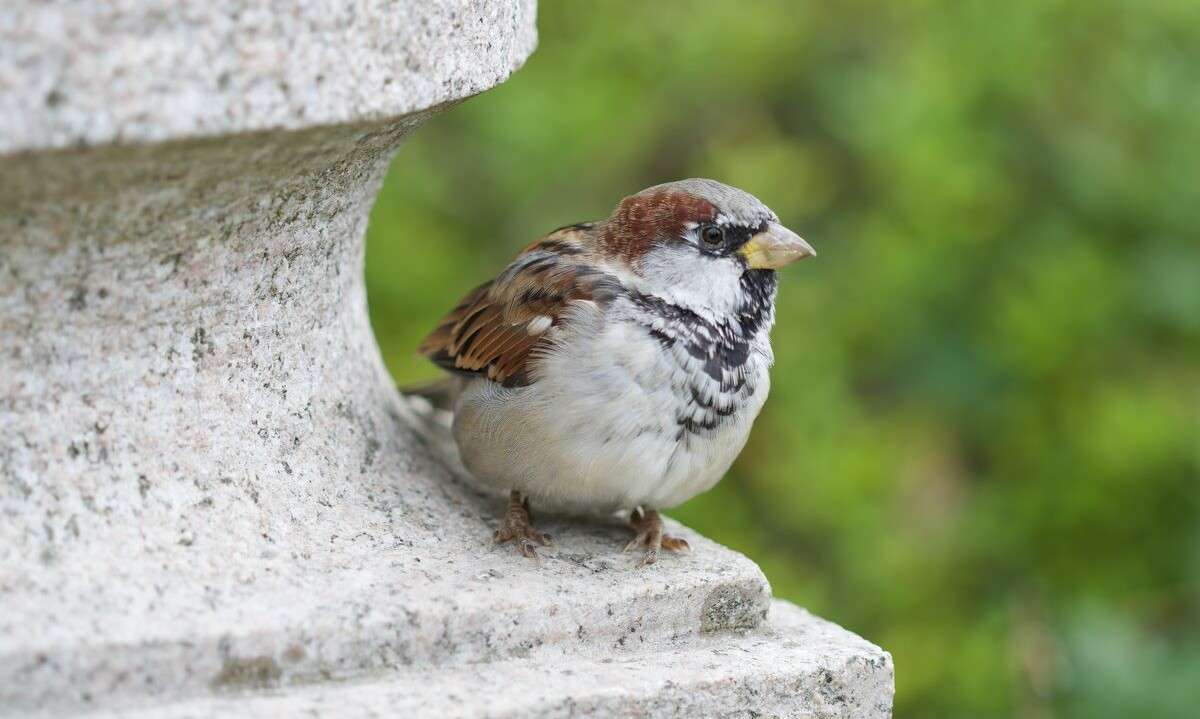Ospreys Breed in Ireland for the First Time in More Than 200 Years
Visiting ospreys sometimes stop on the island to rest, but since the signing of the US Declaration of Independence, there have been no chicks

Despite being more aggressive in defending their territory, sparrows that live in urban areas find more time to visit the nest and feed their young, a surprise to scientists who believed that more aggression would mean less time with their offspring.
Researchers have dubbed them city sparrows, as city life seems to make the males better parents.
There's something about the big city that can make humans agitated. Scientists were once able to predict the population of a city based solely on the average walking speeds of its citizens.
Scientists observing the sparrows believe that as a result of less predation pressure in the city compared to the country, the birds breed more successfully, and that this potentially increases the habits of the city sparrow sire to visit its nest.
"Male songbirds in temperate zones are thought to reduce parental care when they are more aggressive," said Dr. Samuel Lane, lead author of the study at Virginia Tech. "Yet in this study, we show that urban male song sparrows provided more care for their young."
"Against our expectations, we found that they visited nests more frequently and were more successful parents than rural males."
The study, published in the journal Frontiers in Ecology and Evolution, studied six sites in southwest Virginia characterized by recent urban sprawl over four breeding seasons.
The team already knew that urbanized sparrows were more aggressive in defending their territory despite lower density than those in the countryside.
They thought that this would leave them less time to invest in the care of their offspring.
The researchers expected that more aggressive urban male sparrows were sacrificing parental care for territorial aggression, which in turn was expected to have a negative impact on the survival of their young.
But not only did they visit their nests significantly more often than their rural fellows, but on top of this they also began feeding nestlings earlier in the day.
And their efforts paid off despite brood parasitism, where other species lay their eggs in the sparrow nest like a cuckoo, which is more common in cities.
"It turns out urban males are super males—able to defend their territories and care for their young," said Dr. Lane.
"Our study adds to growing evidence that certain species of songbirds even benefit from living in urban environments when there is sufficient green space for them to find food and nest locations."
The scientists hope ongoing research in this field will contribute to designing urban environments that support wildlife better.
However he cautioned that these results, however, should not be generalized to all locations, or other species and animals.
SHARE These Urbanite Sparrow Dads With Your Friends…
Be the first to comment